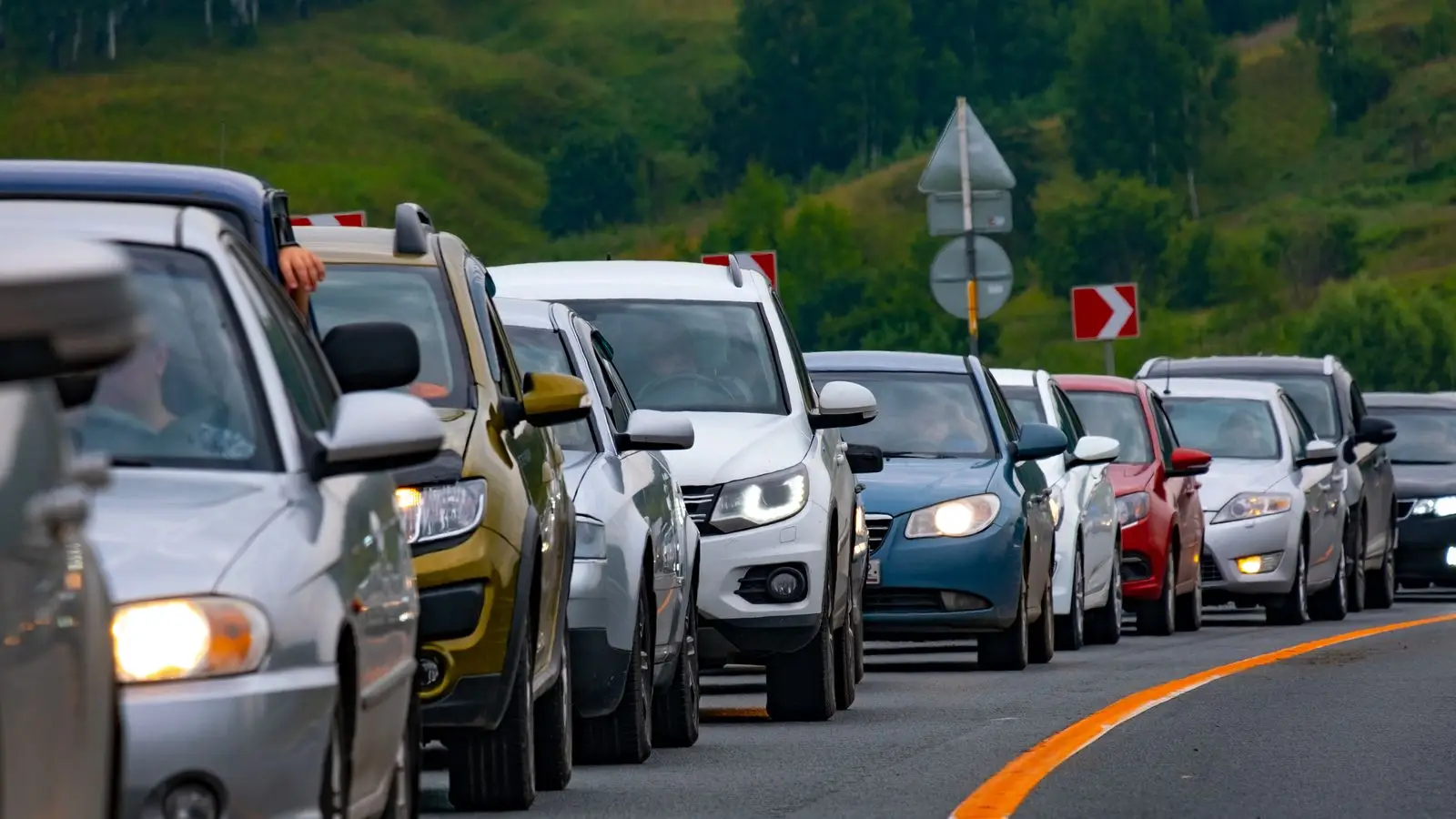News
New IIHS Crash Tests Reveal Safety Concerns for Rear-Seat Passengers in Large SUVs

The latest IIHS crash tests show that popular large SUVs like the Jeep Wagoneer, Ford Expedition, and Chevrolet Tahoe offer inadequate rear-seat protection.
The Insurance Institute for Highway Safety (IIHS) has released its latest crash test results for the three most popular large SUVs, focusing on the updated moderate overlap frontal crash test. This test now includes a crash-test dummy in both the driver’s seat and the driver’s-side second-row seat to evaluate rear-seat protection. The findings reveal that these SUVs do not offer adequate crash protection for second-row occupants.
In this updated test, the Jeep Wagoneer and Ford Expedition received a Marginal rating, while the Chevrolet Tahoe was rated Poor. Previously, all three had achieved a Good rating in the older test, which did not assess rear-seat protection. Despite the shortcomings, the Wagoneer was named a 2024 Top Safety Pick due to its overall performance, although its rear-seat protection was insufficient for Top Safety Pick+ honors.
The updated moderate overlap frontal test simulates a crash where two vehicles traveling at 40 mph collide off-center, similar to a car drifting across the centerline of a road. This test includes a small woman or 12-year-old child-sized dummy in the second row to better evaluate the risk to smaller occupants.
The results highlight a broader issue across various vehicle categories, including small and midsized cars, pickup trucks, and SUVs, where many models have struggled in these updated tests. Emily A. Thomas, PhD, auto safety manager at Consumer Reports, noted the misconception that larger vehicles are inherently safer. She pointed out that large vehicles facing fixed objects or equally large vehicles pose significant safety risks, further compounded by longer braking distances and less controlled emergency handling.
While front-seat protection for these SUVs was deemed adequate with no substantial intrusion into the driver’s survival space, rear-seat evaluations revealed a high risk of chest injuries due to excessive seat belt forces. In the small overlap frontal test, the Ford Expedition scored Marginal because of significant structural collapse, while the Chevrolet Tahoe scored Acceptable, and the Jeep Wagoneer scored Good.
These findings underscore the importance of rear-seat occupants wearing seat belts. A 2017 IIHS study found that only 74 percent of rear-seat passengers buckle up, compared to 91 percent of front-seat passengers. Unbelted rear-seat occupants are eight times more likely to be injured and twice as likely to die in a crash compared to those who are belted. Consumer Reports also factors in the presence of rear-seat belt minders in its safety evaluations.
A Ford spokesperson highlighted that the 2023 and 2024 Expeditions met or exceeded NHTSA regulatory requirements and achieved a five-star overall vehicle score in NHTSA’s new car assessment program.
These crash test results serve as a crucial reminder for rear-seat passengers to always buckle up for every ride.
Ethan Brown
2024, Jun 06 05:00